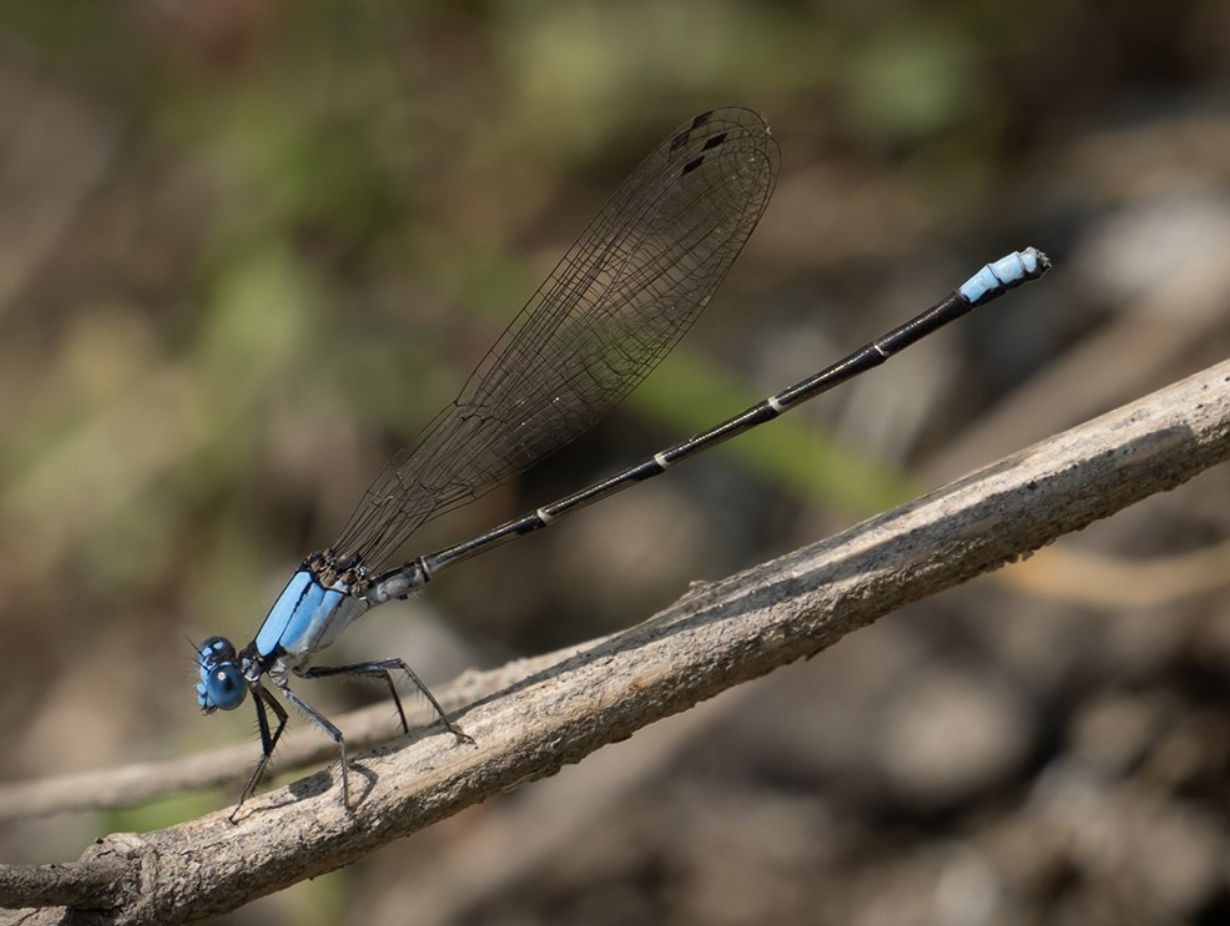The Wisconsin Dragonfly Society is a statewide organization that aims to educate people on the aquatic nature of dragonflies, by assisting in citizen science activities involving the insects, according to the website.
WDS board member and professor of Botany at the University of Wisconsin Edgar Spalding said dragonflies spend most of their lives as aquatic organisms during their nymph phase.
“Dragonflies and damselflies are really aquatic organisms because they spend most of their life underwater as in their nymph stage,” Spalding said. “The organism you’re most familiar with is the adult phase that only lasts a few weeks.”
Odonates, another name for dragonflies and damselflies, are a vital part of Wisconsin’s ecosystems, Spalding said. While fascinating to look at and symbolic in many cultures, Spalding said, few people understand the importance of the various dragonfly species in the aquatic and land ecosystems in the Midwest, particularly in Wisconsin.
Advanced statistical model found to better predict El Niño, UW research says
The main dragonfly Wisconsinites typically see is important, but the importance lies in the nymph stage underwater. Because of this, Spalding said WDS advocates for water conservation and safety.
The state of Wisconsin has a large variety of freshwater sources, giving Wisconsin the highest number of dragonfly species in the Midwest, making the safety of their habitats one of the largest items on the WDS agenda, Spalding said.
“Wetlands are home to a myriad of species, both plants and animals, all the way up the food chain, as well as serving many other vital purposes for all life — plant, animal and human,” Urban Ecology Center researcher and WDS board member Maggie Steinhauer said.
Many dragonfly species migrate from the Gulf to the Midwest in the spring, while others hibernate as nymphs underwater throughout the winter until it is warm enough to become the more identifiable flying insects. The Common Green Darner is one of the most common types that migrate like this, Spalding said.
This migratory species is special due to the fact that an individual dragonfly flies from as far south as Louisiana up to Wisconsin, where it lays eggs and begins the cycle in the early springtime, Spalding said.
“Many species of Odonates have specific habitat and water quality requirements in order to successfully breed, which helps us study these environments and learn whether or not they are operating as they should,” Steinhauer said.
Not only does water conservation help the dragonflies themselves, but the work of the WDS spreads much further, into the entire aquatic ecosystem.
There are many ways WDS achieves this, but the largest way both Steinhauer and Spalding said is their in-depth data collection.
NYT health reporter shares 5 lessons learned from reporting on COVID-19
WDS conducts surveys and records information such as what species were present, where they were seen, the temperature and time of year. This data gets sent to the Wisconsin Odonata Society, where it can be used to identify trends within the separate species to create a baseline reference that indicates which species should be appearing at different times.
This way, if a certain species is not migrating at the predicted time or there is a drop in the expected number present, action can be taken, Steinhauer and Spalding said.
WDS held its last biweekly Dragonfly Walk of the season at the UW Arboretum Sept. 23. Volunteers and members of WDS can participate in collecting this data themselves during these walks, Steinhauer said.
“Community members and experts alike can collect and submit data on which species they’re seeing, and it all helps to paint a picture from year to year,” Steinhauer said.
The UW Arboretum created an online portal where those who participate in the walk can record their observations. WDS partners with the Arboretum to get volunteers out onto their land and spread awareness about the importance of dragonflies, Spalding said.
But, the ability to get involved does not stop there.
In backyards, creating small pockets of water for dragonflies to inhabit gives them even more clean spaces to create life in, Spalding said. Similarly, taking care of water at home starts with limiting pesticides and harmful chemicals, Spalding said. Dragonflies eat both mosquito larvae and full-grown mosquitoes, according to the Southern Oregon Land Conservancy, so increasing dragonfly populations by limiting pesticides will allow yards to no longer require harmful mosquito repelling treatments.
Other ways to get involved include joining the Facebook group or visiting their website.
“Even just joining the Facebook group can give you a great start to Odonata ID and building connections with other people who love these flying insects,” Steinhauer said.
Spalding is an avid photographer and along with providing his vast knowledge of the Odonata species, he takes many of the images seen on their website.
Spalding said the WDS is founded on using whatever talents and time are available to raise awareness for this beautiful and important species.
“Odonates are charismatic insects, and can help bring awareness to insects as a whole and the challenges they are facing around the globe,” Steinhauer said.


















